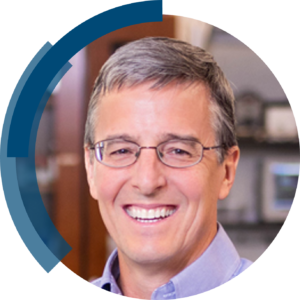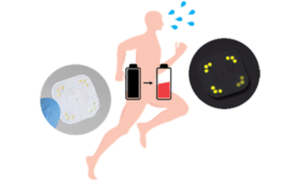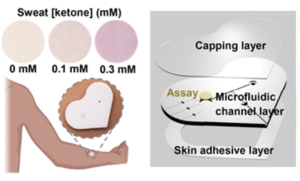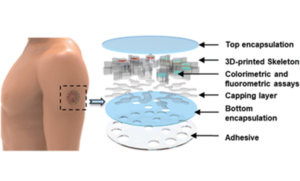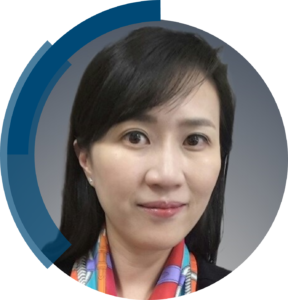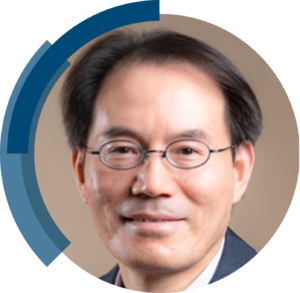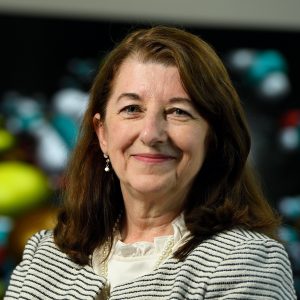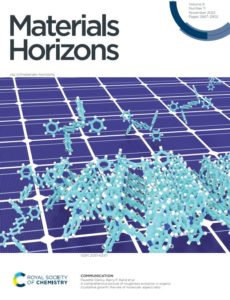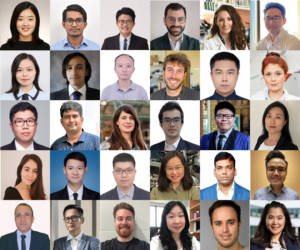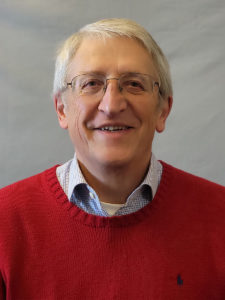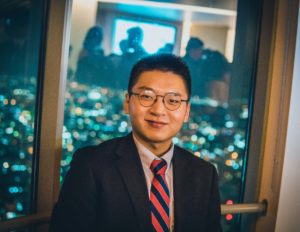Join us in welcoming Ye, Bernd, Mengye, Athina and Nan, our new Advisory Board members
Materials Horizons is delighted to announce five of our previous Community Board members have now joined our Advisory Board. We are very pleased to be able to continue working with Ye, Bernd, Mengye, Athina and Nan.
Below you can find the biographies of each of our new Advisory Board members as well as some insight into their research areas and perspectives on working on the Board.
Ye Zhou, Advisory Board member
Shenzhen University, China
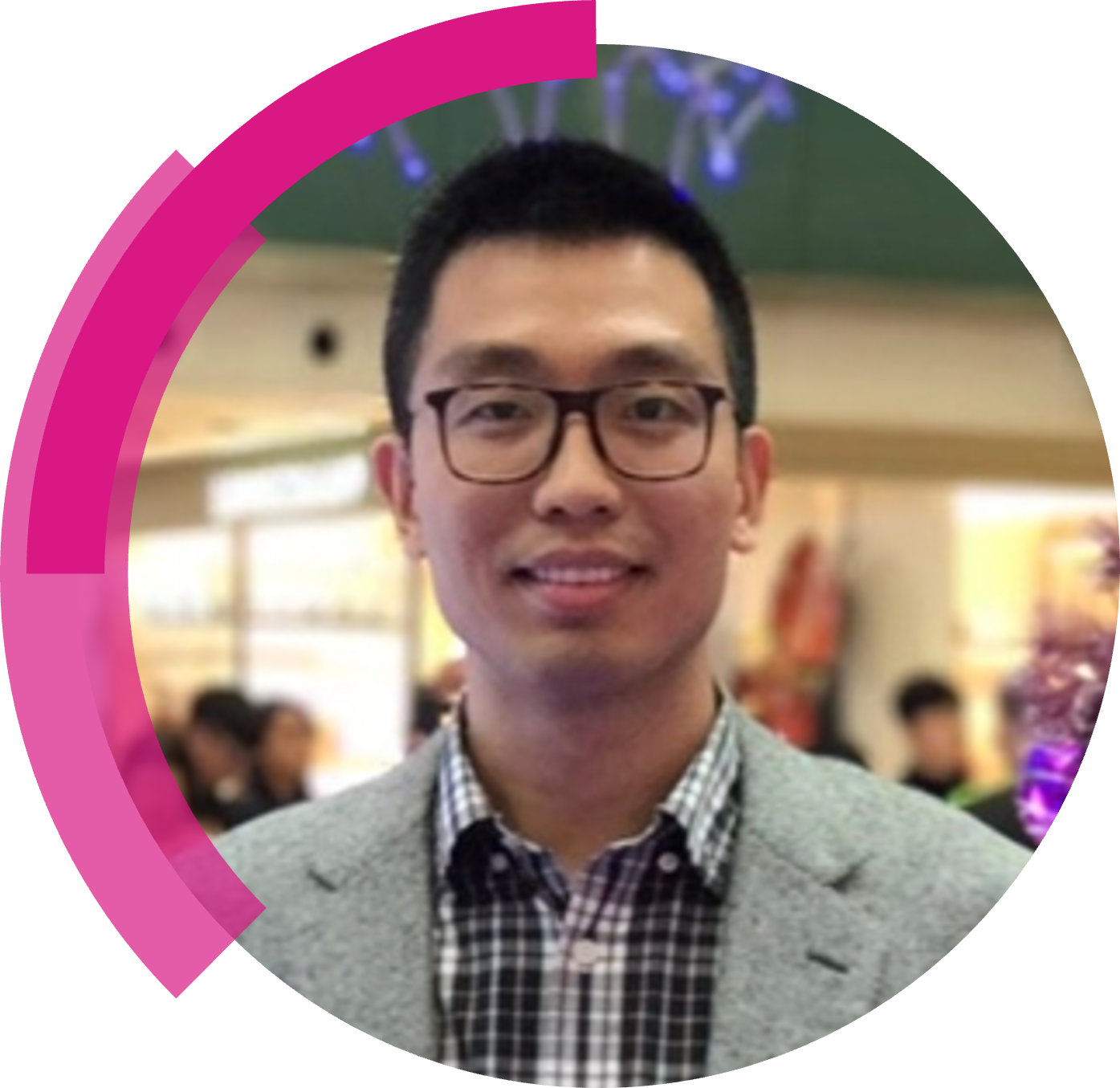 |
Prof. Ye Zhou is a group leader in the Institute for Advanced Study, Shenzhen University, China. He was elected as Fellow of the Royal Society of Chemistry (FRSC) in 2021, Fellow of the Institute of Physics (FInstP) in 2022, and Fellow of the Institution of Engineering and Technology (FIET) in 2022. He received his B.S. from Nanjing University (2008), M.S. from Hong Kong University of Science and Technology (2009) and Ph.D. from City University of Hong Kong (2013). He worked as postdoctoral fellow and senior research fellow in City University of Hong Kong (2013-2015) and joined Shenzhen University in 2015. His research interests include nanostructured materials and nano-scale devices for technological applications, such as neuromorphic electronics, logic circuits, memory, photonics, and sensors. |
What does it mean to you to join the Advisory Board of Materials Horizons?
“I am very excited to join Materials Horizons. As an advisory board member, I can study from other members and share my knowledge and insights. It offers an excellent opportunity for networking and establishing valuable professional connections in materials research society.”
What is the current biggest challenge you face in your field?
“I work in the field of neuromorphic materials and devices. The biggest challenge I face is to discover high performance neuromorphic materials and integrate them into low power and intelligent system.”
Why do you feel that researchers should choose to publish their work in Materials Horizons?
“Materials Horizons is a prestigious and leading journal in materials science. We have a great editorial team and papers published in Materials Horizons can receive widespread attention.”
Bernd Schmidt, Advisory Board member
HHU Düsseldorf, Germany
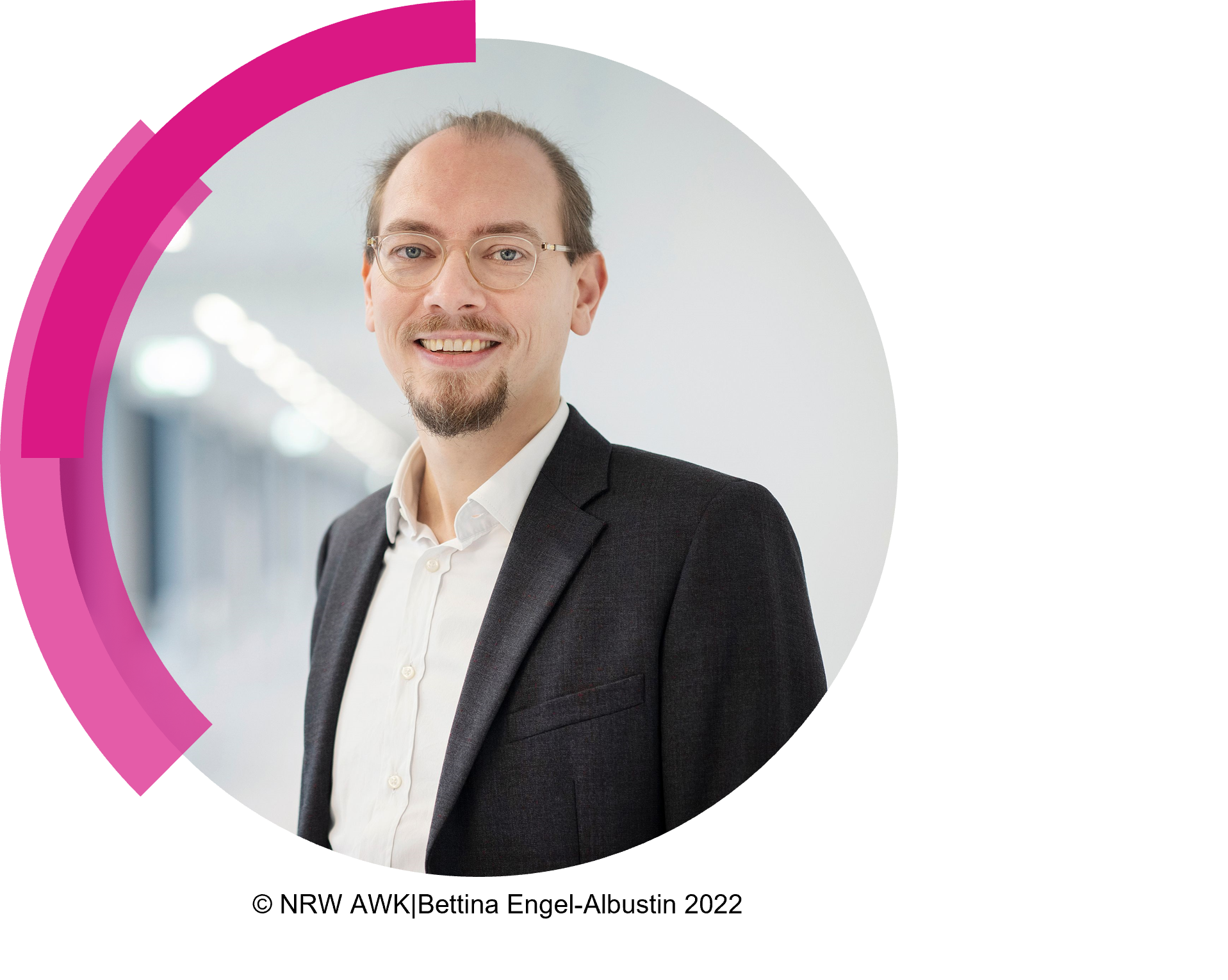 |
Bernd M. Schmidt was born and raised in Berlin, Germany, he did his Ph.D. with Dieter Lentz at the Freie Universität Berlin and with Hidehiro Sakurai at the IMS in Okazaki, Japan, working on bowl-shaped aromatic hydrocarbons. Bernd stayed with a Humboldt research fellowship with Makoto Fujita at the University of Tokyo, Japan, and with Stefan Hecht at the HU Berlin, Germany. Since February 2018, he has been an independent research group leader at the HHU Düsseldorf in Germany, investigating functional and responsive supramolecular systems and materials. He became a member of the Young Academy of the North Rhine-Westphalian Academy of Sciences, Humanities, and the Arts in 2020. In 2022, he received the Award of the Dr. Otto Röhm Memorial Foundation. |
What does it mean to you to join the Advisory Board of Materials Horizons?
“I am both very excited and honoured to be able to continue to contribute to Materials Horizons. As a Community Board member, I already enjoyed the inspiring discussions with peers and the editors about topics and events, and I look forward to participating in shaping the future of the journal, the community, and the field of materials science.”
What in your field are you most excited about?
“When thinking about supramolecular materials, I become most excited about the possibility of challenging present metal-based systems and creating sophisticated materials using ideally metal-free, environmentally friendly building blocks that mimic or overcome the stability and physical characteristics of already-existing materials.”
Where do you see the materials science field in the next 10 years?
“There will be several noteworthy advances in materials chemistry. More research and development towards alternative energy storage and generation technologies like solar panels, batteries, and fuel cells will continue to play a significant role in the future.
Sustainable material development will become an ever-increasing priority for materials scientists. The future of 3D printing looks bright, with the potential to create increasingly sophisticated and useful materials. I predict that materials chemistry will remain an important scientific discipline with promising new breakthroughs during the next decade.”
Mengye Wang, Advisory Board member
Sun Yat-Sen University, China.
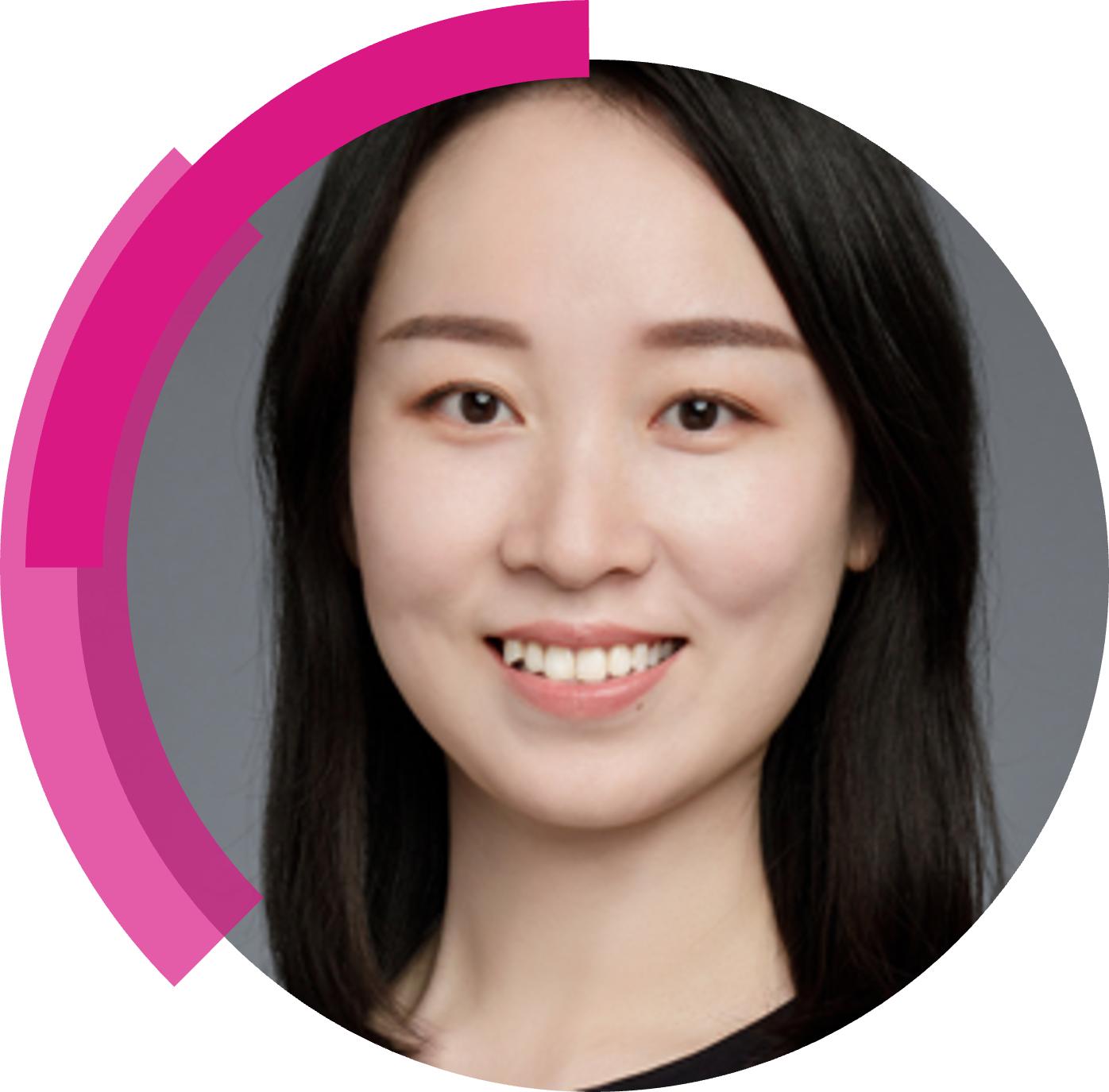 |
Dr Mengye Wang obtained her PhD from the Department of Chemistry, Xiamen University, Fujian, China, (2010 – 2015) one year and a half of which was spent as a visiting PhD student at Georgia Institute of Technology, Atlanta. She completed her post-doctoral fellowship in Applied Physics at The Hong Kong Polytechnic University (2018) and was shortly appointed her current role as Associate Professor at the School of Materials, Sun Yat-sen University. Dr Wang’s interests lie within the field of photocatalytic, electrocatalytic and piezocatalytic H2 evolution, CO2 reduction, N2 fixation and H2O2 generation. Wang has been an active community board member for Materials Horizons and later in 2019 accepted an Advisory Board role for Materials Advances and Journal of Materials Chemistry A. |
What in your field are you most excited about?
“To develop our understanding of pollution-free and low-cost materials design, in a way which can be truly applied to this generation of clean energy and pollution control.”
Athina Anastasaki, Advisory Board member
ETH Zurich, Switzerland.
 |
Athina Anastasaki was born and raised in Athens, Greece and obtained her B.S. in Chemistry at the University of Athens. She then commenced her PhD studies at the University of Warwick under the supervision of Prof. Dave Haddleton and graduated in late 2014 with the Jon Weaver award for the best PhD in polymer chemistry in the UK. In early 2015, she accepted a Monash-Warwick research fellow position between the Pharmaceutical department at Monash University and the University of Warwick, jointly supervised by Professor Thomas Davis and Professor Dave Haddleton. She then received an Elings Fellowship, followed by a Global Marie Curie Fellowship, to conduct research alongside Professor Craig Hawker at the University of California, Santa Barbara. Since January 2019, she is an Assistant Professor at ETH and her group focuses on fundamental polymer synthesis, depolymerization and self-assembly predominantly in the area of controlled radical polymerization. |
Athina has co-authored over 115 peer-reviewed publications and has been the recipient of the ACS Macro letters/ Macromonomers/ Biomacromolecules Young Investigator Award, an ERC starting Grant, the Hanwha-Total IUPAC Young Scientist Award and the Golden Owl award, which is in recognition of outstanding faculty teaching. Athina also currently serves as an Associate Editor in the RSC journal Polymer Chemistry.
What does it mean to you to join the Advisory Board of Materials Horizons?
‘It is a great honour to join the advisory board of Materials Horizons. RSC has a special place in my heart as I very much appreciate publishers who put people above publications.’
What in your field are you most excited about?
‘I am very excited about recent efforts in sustainable polymers, self-healing materials, polymeric recycling and 3D/4D printing. I am also impressed by recent developments in imaging and polymer characterization.’
Nan Zhang, Advisory Board member
Hunan University, China
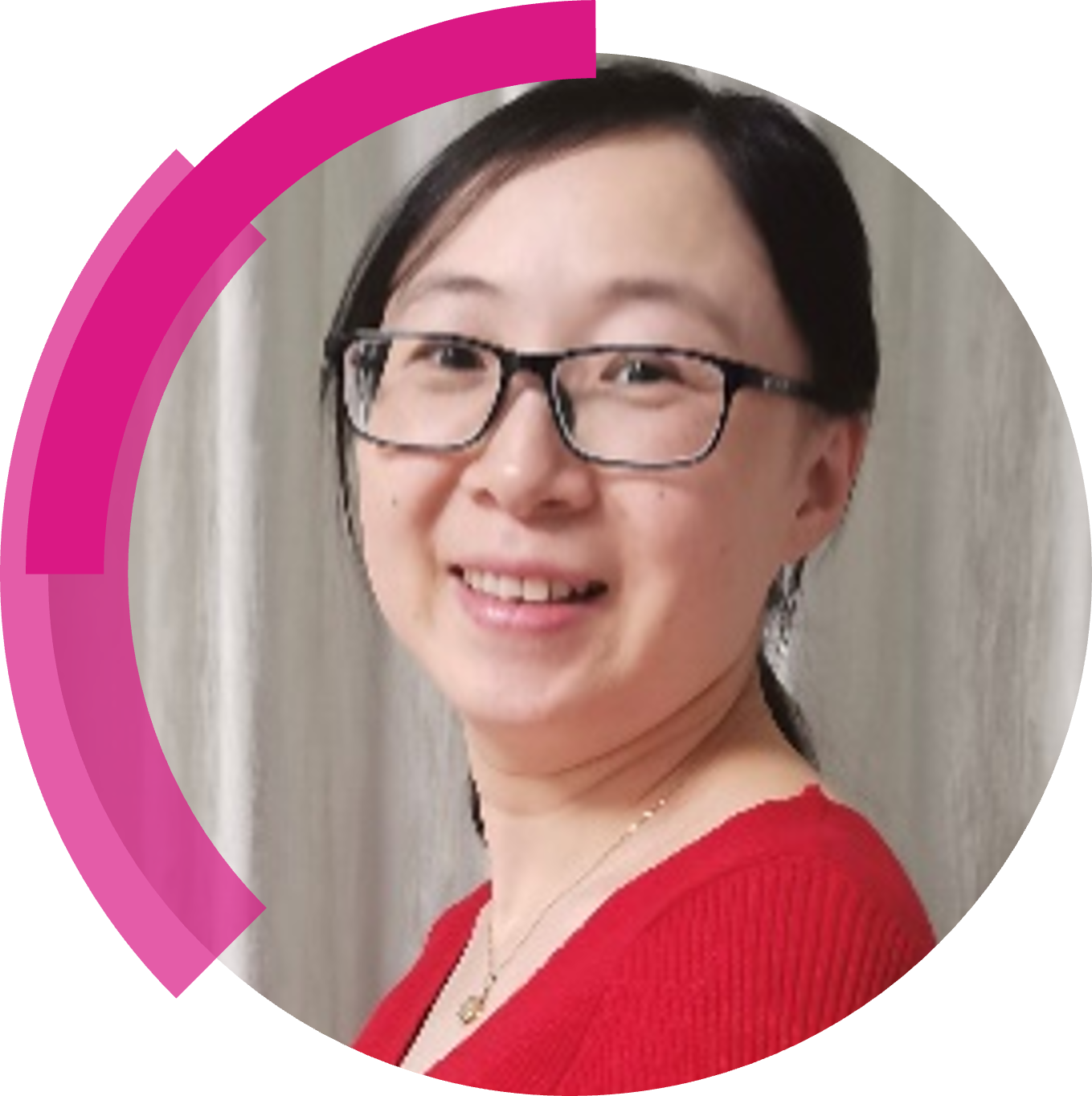 |
Nan Zhang is a Professor in College of Materials Science and Engineering, Hunan University. Her main research interests include the design and optical properties of metal-based composites for photocatalytic applications and their mechanism investigations.
|
What does it mean to you to join the Advisory Board of Materials Horizons?
“Joining the Advisory Board of Materials Horizons is an opportunity to share my expertise and knowledge to a global community of experts in the area of materials science. It could also provide me with the chance to collaborate with other like-minded individuals and make a meaningful impact on the future of materials chemistry. Additionally, being a part of the Advisory Board of Materials Horizons could offer opportunities for networking and professional development, as well as exposure to new ideas and perspectives.”
What in your field are you most excited about?
“Regulation of the optical properties of metal nanostructures is an important aspect of photocatalysis, as it can significantly affect the efficiency and selectivity of photocatalytic reactions, which is one of my research interests. To regulate the optical properties of metal nanostructures in photocatalytic systems, we employ various techniques such as surface engineering, material synthesis, and optoelectronic design.”
Why do you feel that researchers should choose to publish their work in Materials Horizons?
“Materials Horizons is well-suited for publishing work that explores the properties, applications, and development of new materials. Materials Horizons has a large and diverse readership, including researchers, students, and industry professionals in the field of materials chemistry. This indicates that authors who publish their work in the journal can reach a wide audience and engage with other experts in the field. Moreover, Materials Horizons has a dedicated team of experienced editors who provide thorough and constructive feedback to authors throughout the publication process, facilitating authors to benefit from expert support and guidance in improving their research and preparing it for publication.”
Call for Nominations

In light of our new Advisory Board members, we are now seeking engaged and interested early career researchers to join our Community Board.
We are inviting nominations for both Materials Horizons and Nanoscale Horizons at this time, please do feel free to state a preference of journal in your nomination, however this is not mandatory, and each nomination will be assessed for suitability for both Materials Horizons and Nanoscale Horizons.
For eligibility and how to nominate please see our Call for Nominations blog for full details.
The deadline for submission of nominations is 19th July 2023.
For more information, please refer to the Materials and Nanoscale Horizons Community Board FAQs.
To find out more about the journals, please visit the journal webpages at: rsc.li/materials-horizons and rsc.li/nanoscale-horizons.
